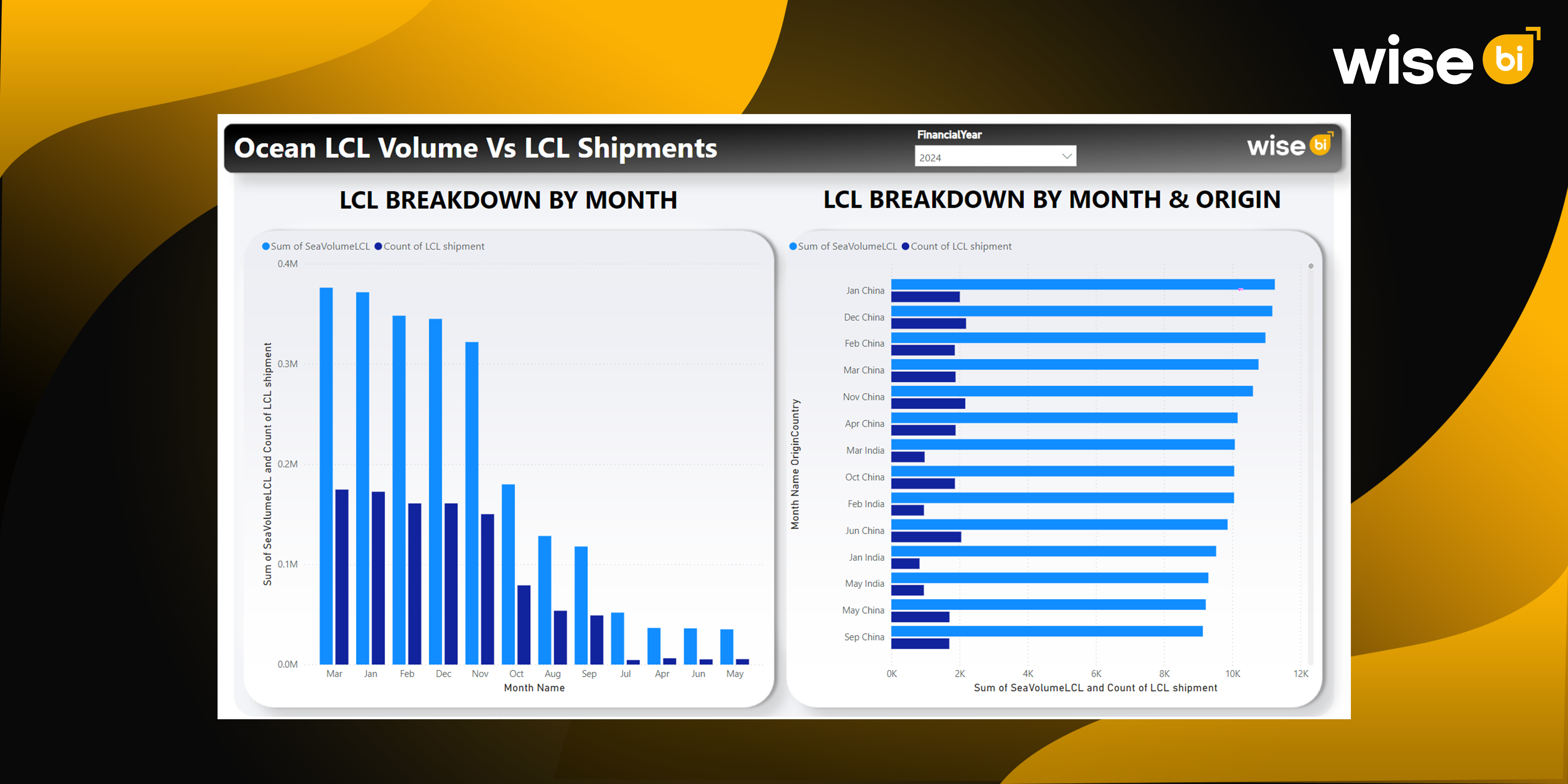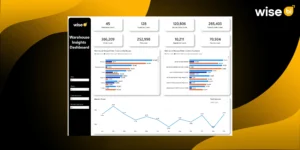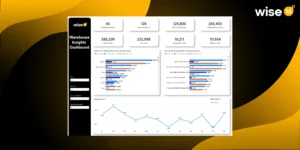Making the right decisions can mean the difference between an entity that succeeds and one that struggles to survive in the ever-changing business world. With the explosion of raw data that has accompanied the digital age, businesses must use business intelligence solutions to turn this data into insights that can be put to use.
BI is becoming a critical tool for strategic decision-making and a differentiator in customer relationship management (CRM). One of the most important resources in your business is its data. With that in mind, let’s look at the benefits of using it and how BI can help you in the future.
What is Business Intelligence (BI)?
Business Intelligence is a technology-based process that analyses data to supply actionable insights for better choice-making within the organization. BI ensures connections throughout many statistics resources and identifies significant relationships and developments using techniques like records mining and analytics. It additionally guarantees that leaders and managers obtain timely, relevant information to acquire better and faster effects.
BI tools come in a variety of formats, such as dashboards, reporting frameworks, data visualization applications, and more. They make it easier for decision-makers to access and comprehend complicated records by transforming them into more user-friendly formats.
Now let’s examine the eight invaluable benefits associated with business intelligence.
Reduced Complexity
The abundance of data kept in a variety of sources is a problem for today’s businesses. This covers online computing, shared facilities, and nearby servers. Businesses are challenged to handle the complexity of data as it rises dramatically.
In this data complex, business intelligence serves as the compass, simplifying access and sorting through various sources. Businesses can optimize the potential of their information attributed to the simplification of the complex process of handling diverse data storage.
Better Data Access
Utilizing and gaining easy access to important information is hampered by data walls. Bridging the gap between diverse sources is an ongoing challenge for IT teams, diverting their attention from insights to integration.
BI shows up as the answer, dismantling the walls of data and guaranteeing timely, easily available data. It increases team productivity by giving employees access to unified dashboards that serve as a central repository for pertinent and up-to-date information.
Increased Productivity
BI creates visualizations that highlight current trends from raw data to actionable insights. These dynamic summaries of corporate processes are provided by these easily adaptable, user-friendly, and interpretable visualizations.
When teams use unified dashboards to communicate, they are more productive. The capacity to look deeply into data facilitates a greater understanding of business outcomes, enabling teams to effectively showcase favourable effects and identify innovative business priorities.
Proper Time, Proper Data
Information is ever-changing, and each exchange yields insightful knowledge. Ensuring timely and well-informed judgments depends on having access to the appropriate data. Choose the right BI solutions to make sure that actionable data is easily accessible, which allows for quick decision-making.
BI makes sure that data is both relevant and actionable, which speeds up making the right decision, enabling companies to react quickly to opportunities and situations that change.
Improved Data Quality
Poor data might cause incorrect decisions, which can harm the return on investment. BI intervenes to ensure data quality through in-depth analysis and comparison, which improves decoding reliability.
The importance of BI in data analysis and comparison paves the way for better results. Organizations can decide with confidence, knowing that their decisions are supported by accurate and trustworthy information, when disparities in data are eliminated.
Empowered Decision-Making
BI makes decisions a strategic asset. Clear data visualizations based on relevant information enable us to arrive at choices in the best interests of the business.
By offering a comprehensive understanding of business operations, complete visualizations promote growth. Attaining sustained success and expanding operations require sound choices that are driven by business intelligence insights.
Reduced Costs
By lessening the possibility of errors, BI software helps to control costs. Decisions are made based on trustworthy insights due to accurate information supplied by BI, which also removes the need to review data sources and go back and review important decisions.
Organizations may manage expenses, particularly when launching new applications and services, by using BI to identify customer trends and potential hazards. Businesses may optimize their budgets by allocating resources more wisely to the insights provided by BI.
Trend Insights
Business Intelligence not only analyses past data but also plays a critical role in forecasting future trends. Businesses can take advantage of new opportunities by strategically positioning themselves by predicting market dynamics.
Organizations can develop flexible business plans with the help of in-depth trend analysis. Businesses may remain competitive in a market that is changing quickly by implementing flexible planning strategies that are based on up-to-date data sources and allow for trend adaptation.
Conclusion
Finally, business intelligence is an important partner that helps to harness the potential of data for revolutionary business achievement rather than just being a tool. BI is a commitment to attaining operational excellence, from simplifying complexity to empowering decision-making.
Implementing BI is a strategy, but it’s also a road map for increased profitability and long-term growth. There will always be a need for a solution using BI. To use the power of data for your business’s success and growth, think about investing in our expert BI solutions.




